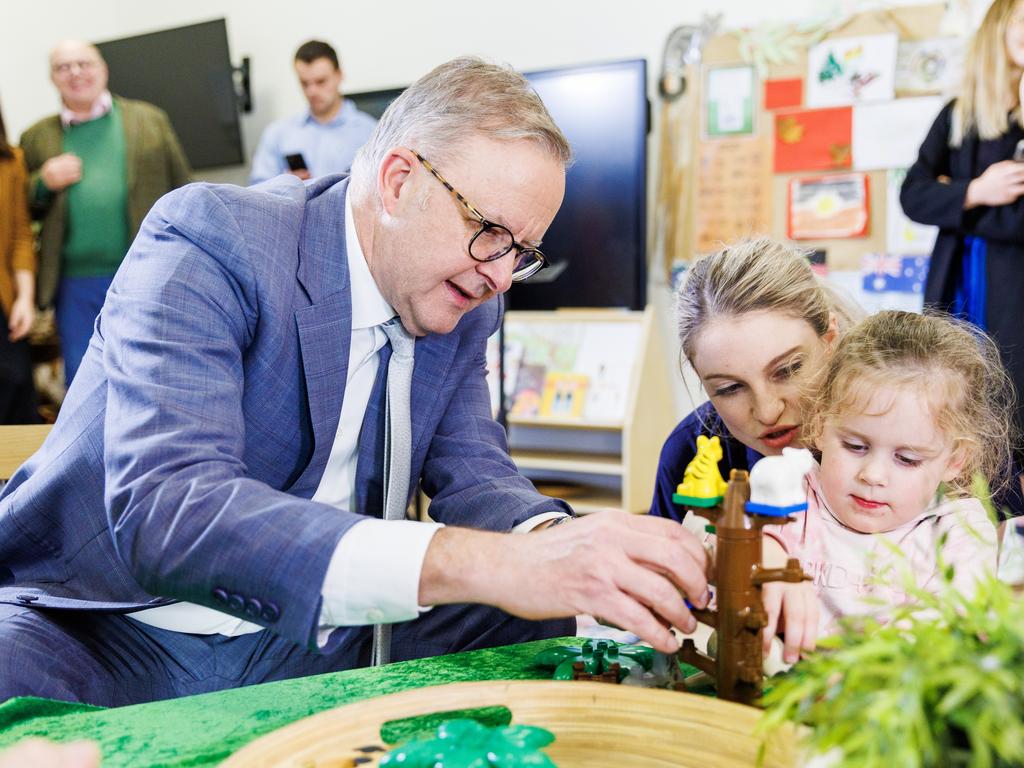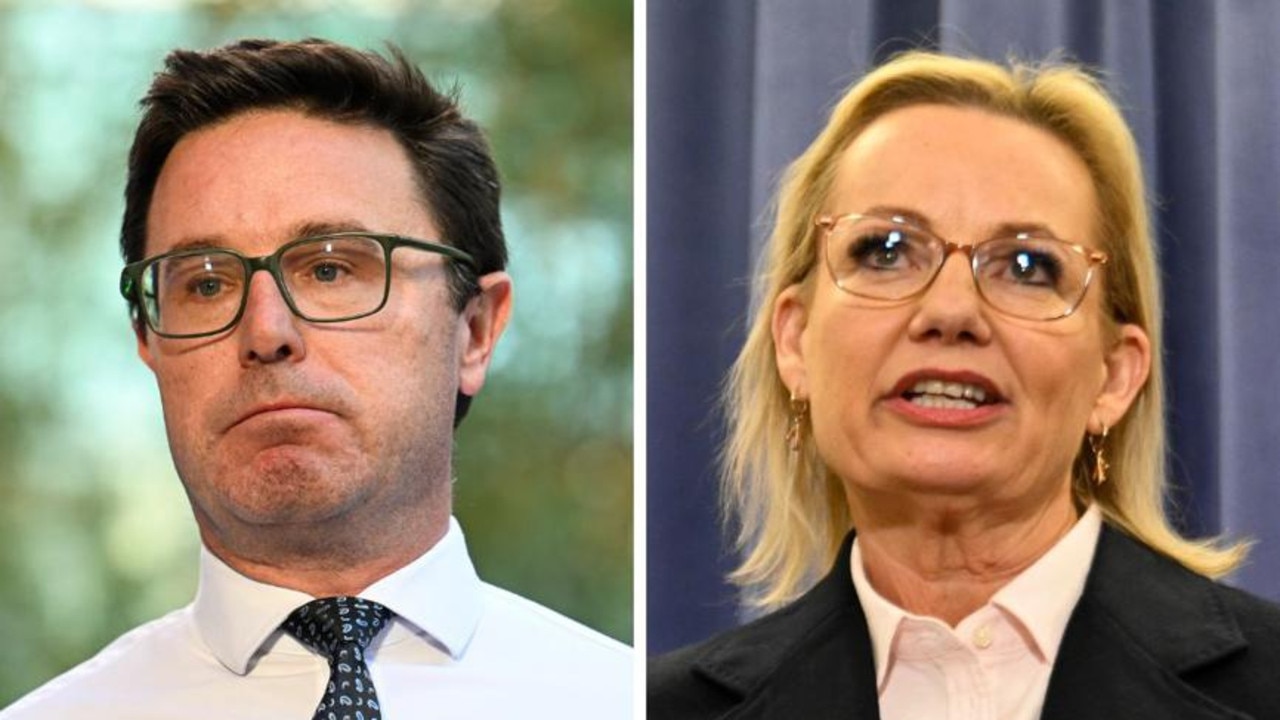‘Give free childcare to poorer families’, says Productivity Commission
Families earning less than $80,000 a year should have childcare costs completely covered by government subsidies, according to the Productivity Commission, in a policy that would cost $2.5bn a year.

Families earning less than $80,000 a year should have childcare costs completely covered by government subsidies, according to the Productivity Commission, in a policy that would cost $2.5bn a year.
The PC’s highly-anticipated draft report into the future of early childhood education also recommended the government improve pay and conditions for childcare workers, increase funding to enable the inclusion of disabled and Indigenous children, relax the activity test and fund more services in areas suffering from chronic shortages of childcare places.
“Some areas of Australia have few or no early childhood education and care services,” Commissioner Lisa Gropp said.
“More funding will be needed to address these persistent service gaps.”
The report comes after Labor pumped more than $5bn into reducing childcare costs for 1.2 million families last year, increasing the childcare subsidy to 90 per cent for families earning $80,000 or less.
Education Minister Jason Clare said the government’s reforms had cut the average cost of care by 13.2 per cent, but acknowledged there was “more to do” in bringing affordability for care in line with other OECD nations.
“The Productivity Commission’s inquiry will help chart a course to a universal early childhood education and care system,” he said.
While welcoming the PC’s recommendation for the childcare subsidy to rise to 100 per cent for households earning less than $80,000 – which represents 30 per cent of families – the Minderoo Foundation’s Thrive By Five campaign argued a price cap of $10 a day for the other 70 per cent of families was needed.
The PC estimated the change to the childcare subsidy and scrapping the activity test would lead to a 3.4 per cent increase in total hours worked, equivalent to 20,700 full-time employees in the economy.
The activity test was introduced to increase labour force participation, with parents able to access more hours of subsidised care the more “activity” they undertook, including work, study or volunteering.
However, the PC found the test had increased barriers for families to access childcare and disproportionately impacted disadvantaged children.

“A child’s entitlement to at least three days of early childhood education and care a week should not depend on how much their parents work,” Associate Commissioner Brennan said.
Advocacy groups including The Parenthood have long called for the activity test to be scrapped, with Parenthood chief executive Jessica Rudd declaring the measure had “only been a triumph in further disadvantaging disadvantaged children”.
“The Parenthood knows the 80,000 parents we represent across the country need this system to work for them and their children if we’re serious about economic growth, educating our future workforce and addressing the workforce participation of parents – particularly women,” she told The Australian.
While the Commission estimated the policy changes would only increase income tax collection by about $180m a year, the benefits to children receiving care would be “substantial”.
“These benefits, while difficult to quantify … often extend beyond short-term effects on learning and development in early childhood to a wide array of outcomes, including educational attainment, labour market success, and physical and mental health,” the Commission’s report stated.
“Benefits seem stronger for children experiencing vulnerability or disadvantage, although they can extend much more broadly.”
The PC found that for all children under five years old to be able to access up to 30 hours a week of care, the government would need to underwrite more services.
“In persistent ‘thin’ markets or communities with complex needs, the Australian government should provide additional funding to support the establishment of appropriate services and, where necessary, ensure their ongoing viability through block funding,” the report stated.
Increasing the number of workers and retention of those workers also needed to be urgently addressed, with “low pay and unattractive working conditions” identified as major factors impeding attraction of staff.
The report warned completion rates of early childhood teaching degrees was also of significant concern, having dropped from 67 per cent to just 48 per cent over a decade, and recommended those enrolled should be offered accelerated pathways to complete their qualifications while working.
“We will not make any progress towards a universal system without addressing the sector’s workforce challenges. Improving pay and conditions is critical but more can be done to improve career and qualification pathways for ECEC professions,” Commissioner Stokie said.
The Productivity Commission will hold public hearings early next year on its draft findings, with a final report to be provided to the government by June 30.







